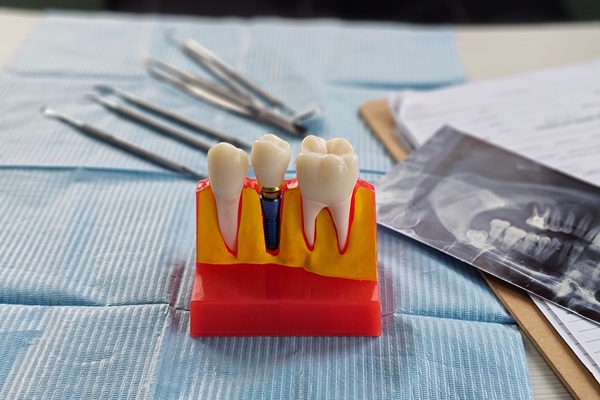Common Myths and Facts About Wisdom Tooth Extraction
Wisdom is a common procedure. Although the idea of having a permanent tooth removed is unpleasant at any age, it is sometimes unavoidable. When it comes to the last set of molars, called the wisdom teeth, there are many common myths about them. These misconceptions can prevent people from getting the dental care they require.
Common myths and facts
The following are common myths about wisdom tooth extraction.
Myth 1: Only teenagers need to undergo wisdom teeth extraction
Fact: Most people do not get their wisdom teeth until their 20s, well into adulthood. Now, this does not mean that some people will not need to undergo the removal procedure earlier. Many teenagers need to have their wisdom teeth extracted, particularly if they are getting braces or have overcrowded teeth.
However, adults tend to overlook wisdom tooth pain or attribute it to another cause because they think that it is only a problem for teenagers. Ignoring wisdom tooth is not advisable and could lead to other issues such as migraines, cavities and tissue degradation.
Myth 2: Wisdom tooth pain is normal and can be overlooked
Fact: It can hard to identify the pain caused by a wisdom tooth, especially before it erupts through the gums. It is usually experienced as a dull pain or pressure in the jaw area, sometimes accompanied by headaches. The pain and discomfort are normal, but that does not mean that it is ignorable.
Wisdom teeth can get impacted. This is not only painful but can also shift other teeth out of alignment. Without dental intervention, it can cause tooth loss or a need for braces. It can also result in damages to the jawbone and nearby teeth, especially if the tooth erupts at an angle. Therefore, those experiencing pain should not hesitate to see the dentist; the pain will only worsen and not disappear on its own.
Myth 3: Everyone will need to undergo wisdom teeth extraction
Fact: One common myth is that everyone will need to have their wisdom teeth removed. Many people will experience this but it is not general. To begin with, not everyone will get wisdom teeth. Some may have them trapped below the gum line, and they may never grow in or cause issues. Still others may only grow in partially. Also, one can get all four teeth and only end up needing one or two extracted. If there is no issue with the teeth, an extraction may not be needed.
Myth 4: The extraction procedure is excruciating
Fact: Many people experience fear when it comes to dental appointments, especially if a serious procedure is involved. Therefore, many people postpone wisdom tooth extraction as long as they can. The truth is that they are only preventing the inevitable.
The procedure does not have to be scary. The dentist will provide options to ensure comfort, including local or general anesthesia. After the treatment, they will probably recommend pain relievers for use during recovery.
Final note
If you are experiencing pain around your teeth and gum, do not wait. You could need a wisdom tooth extraction. Contact the dental office to book an appointment.
Request an appointment here: https://www.kermandentalgroup.com or call Kerman Dental Group at (559) 424-1177 for an appointment in our Kerman office.
Check out what others are saying about our dental services on Yelp: .
Recent Posts
Tooth extraction is the removal of a tooth from its socket. There are two types of extraction: simple and surgical. Simple extractions involve the removal of visible teeth. During simple extractions, dentists loosen the teeth and remove them with dental forceps. Surgical extractions become necessary when teeth break off at the gum line or do…
A wisdom tooth extraction is often necessary in order to create room in the mouth as well as to help avoid or relieve pain. While the procedure itself is common and generally goes well for most patients, it is important is to know the steps to take to fully recover afterward. Recovery varies for every…
In most serious situations, an emergency dentist is the right person to turn to for your oral health. Ignoring a dental emergency can have drastic effects on your overall wellness. Thankfully, a dentist practicing emergency care will have the knowledge and training to restore your smile and the function of your mouth. In cases where…
Finding out that you need a root canal can be nerve-racking. Caring for the treated tooth can be even more stressful. Knowing what to do after the treatment can help you prepare well for it. Here are some tips for a smooth and quick recovery after your root canal.The patient must wait to eat as…


